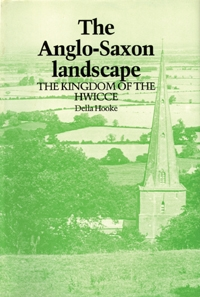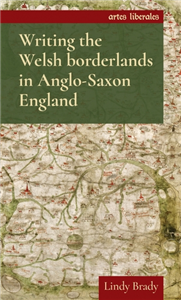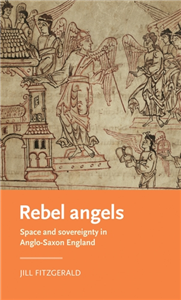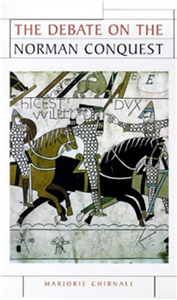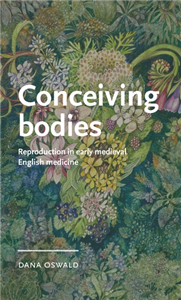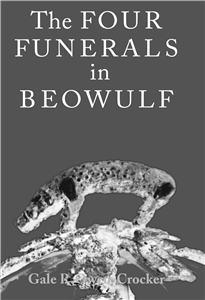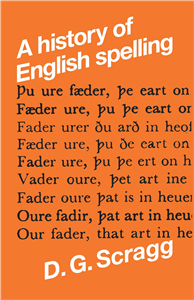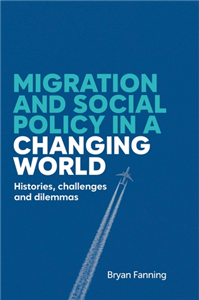Sax-Verlag
For 28 years, since its foundation in Beucha in 1992, Sax-Verlag has stood for a diverse non-fiction programme with a focus on Central German regional history and culture, art history and monument preservation as well as geology and landscape change. The titles are produced in a wide range of cooperation with cultural and historical associations, regional offices, archives and other institutions. From the very beginning, the aim has been to create a historical publishing house for the first Saxon and now Central German region. With around 420 published titles during this time, we have given the publishing house a profile that includes not only non-fiction and science books, but also travel and excursion guides, illustrated books, fiction with a focus on experienced history and biographical information.
View Rights Portal



